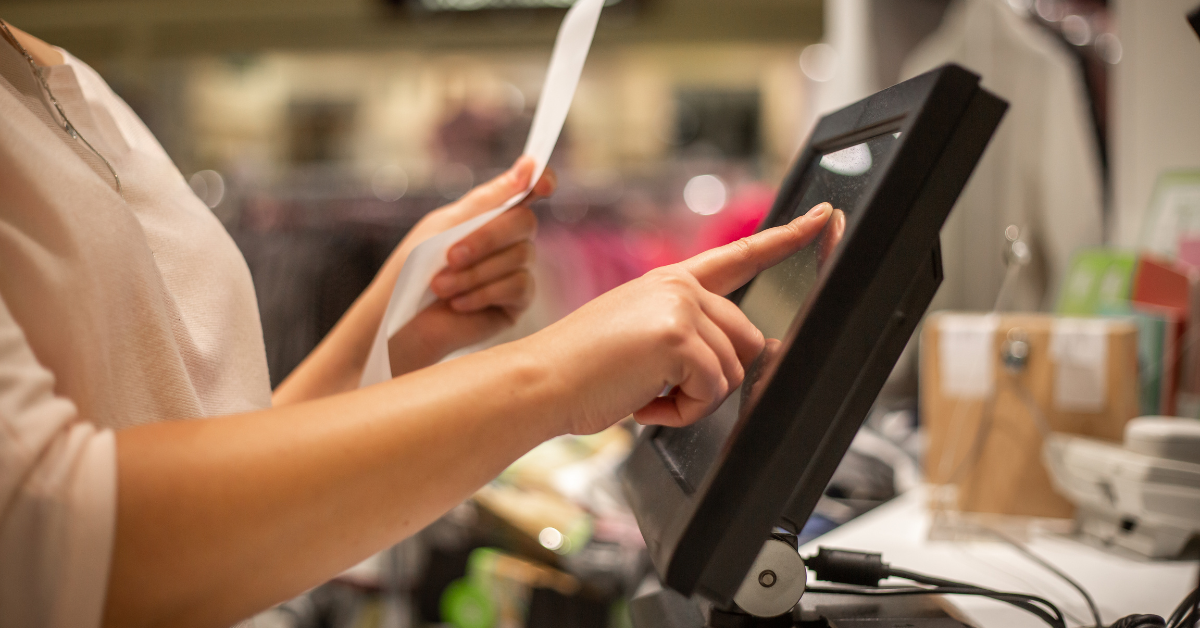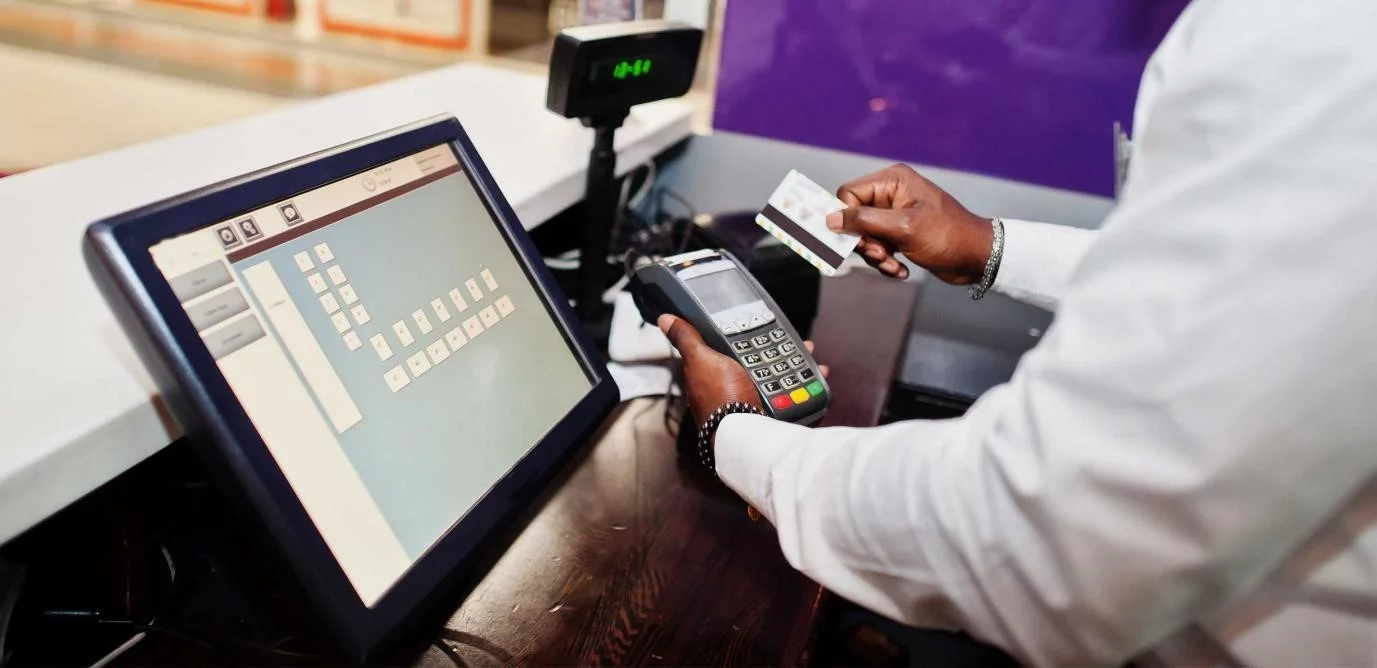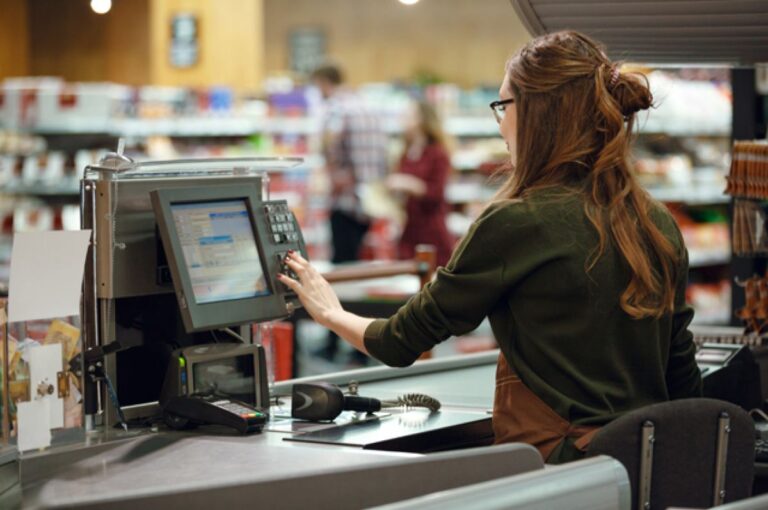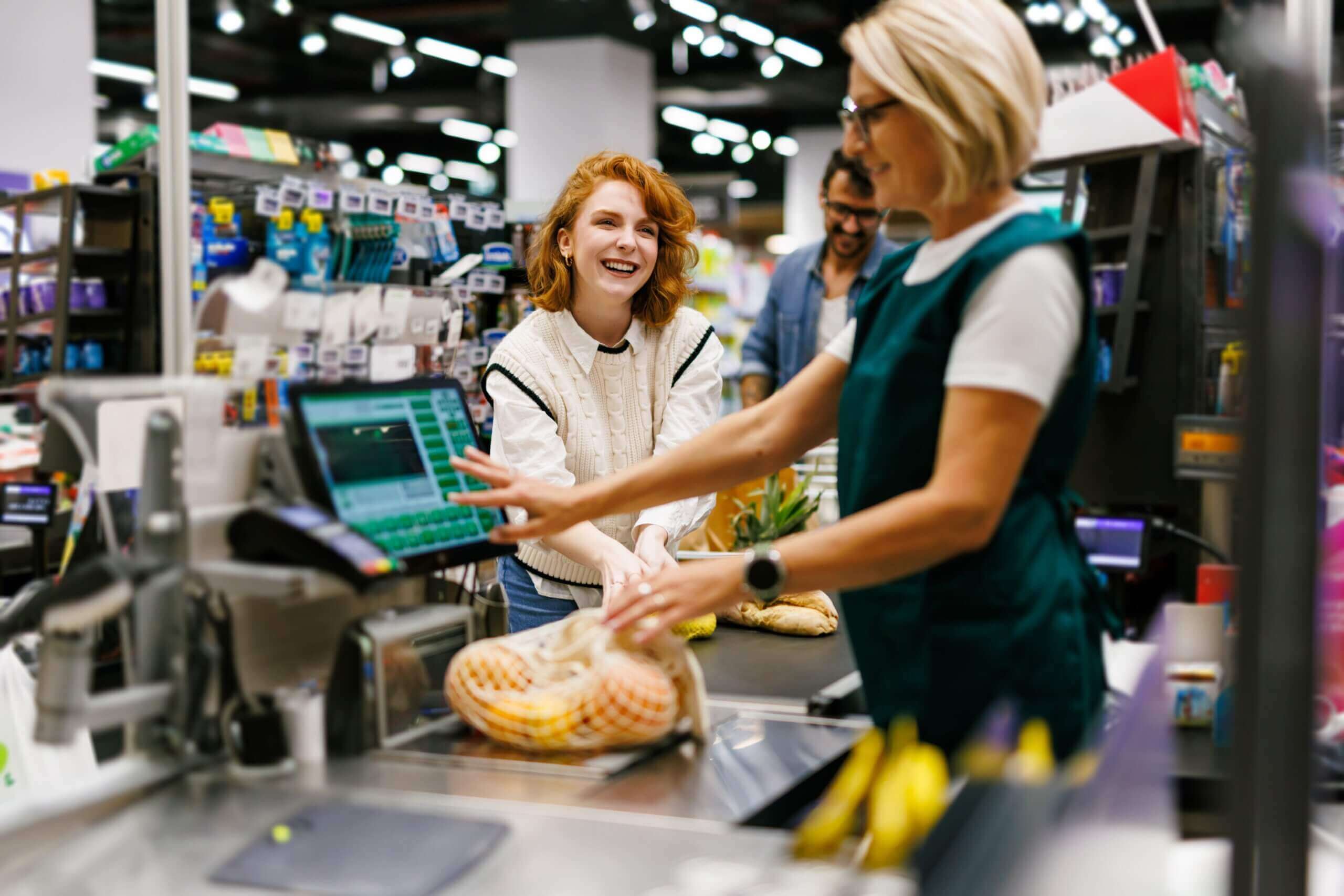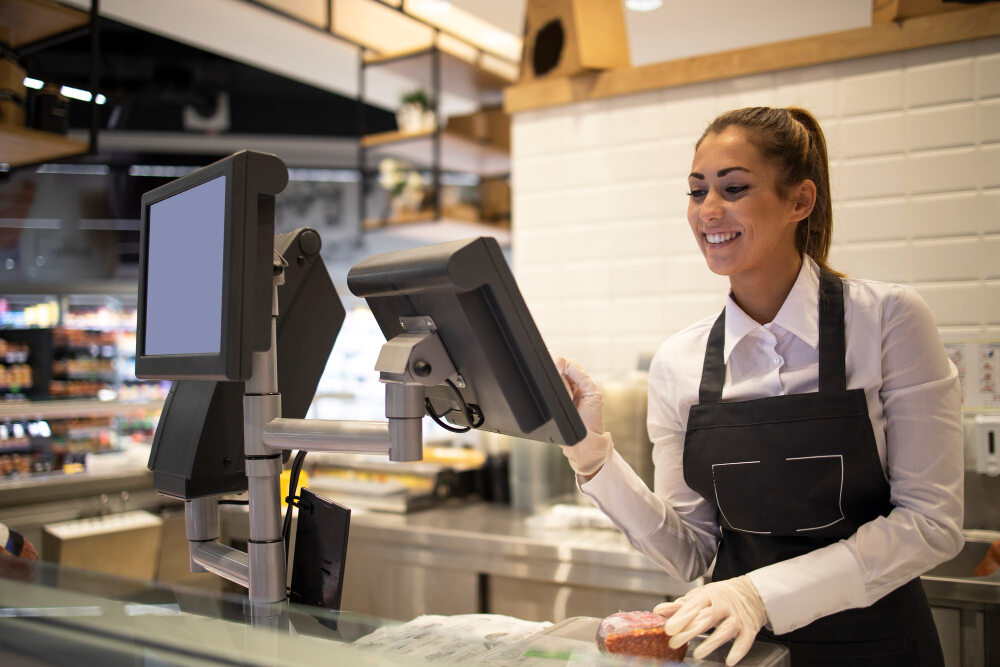Reducing Checkout Times: The Impact of POS Systems on Supermarkets
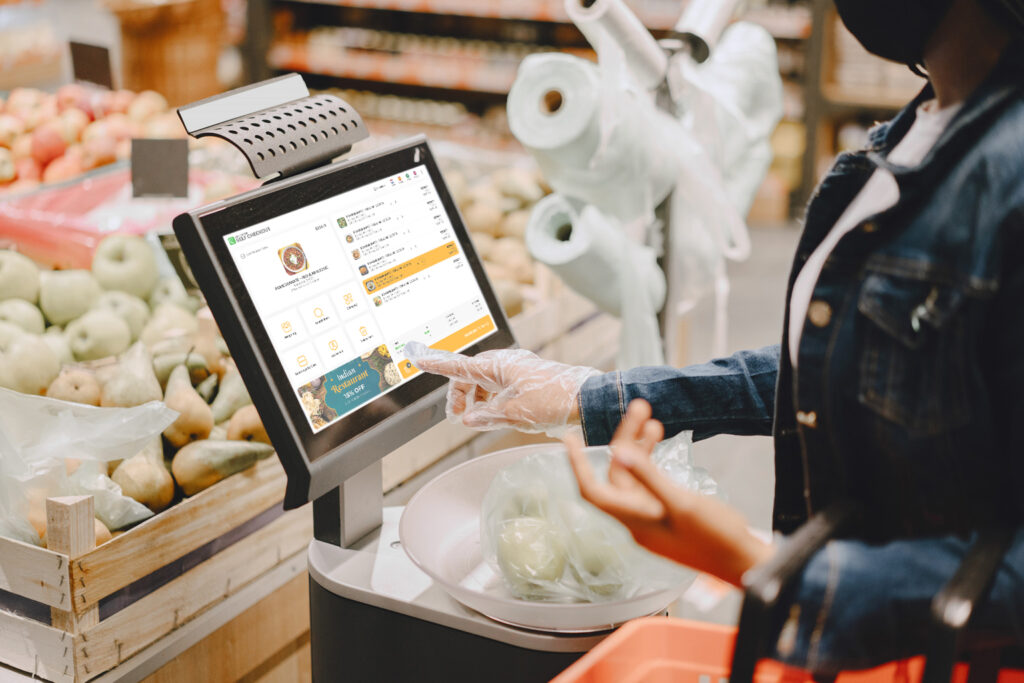
In today’s fast-paced world, convenience and efficiency are at the forefront of consumer expectations. For supermarkets, where customers often face long queues during peak hours, reducing checkout times is a critical factor in enhancing the shopping experience. Point-of-Sale (POS) systems play a pivotal role in streamlining this process, transforming traditional checkout counters into hubs of speed and efficiency.
The Checkout Challenge
Lengthy checkout times can significantly impact customer satisfaction. Shoppers who are forced to wait in long lines may become frustrated, leading to negative reviews and potential loss of business. According to studies, customers are likely to abandon their purchases or avoid returning to a store that consistently has slow checkout processes. For supermarkets, where competition is fierce, ensuring a smooth and swift checkout experience is essential to retain loyal customers and attract new ones.
How POS Systems Revolutionize Checkout
POS systems have revolutionized the way supermarkets operate by introducing features that drastically reduce checkout times. Here are some key ways POS systems address this issue:
1. Barcode Scanning
Modern POS systems are equipped with advanced barcode scanning technology that allows cashiers to quickly and accurately scan items. This eliminates the need for manual entry of product prices, reducing errors and speeding up the checkout process.
2. Integrated Payment Options
POS systems integrate multiple payment methods, including credit and debit cards, mobile payments, and digital wallets. This flexibility ensures that customers can pay using their preferred method without delays, speeding up transactions and minimizing bottlenecks.
3. Self-Checkout Stations
Self-checkout kiosks, powered by POS technology, enable customers to scan and pay for their items independently. These stations not only reduce the burden on cashiers but also allow more customers to be served simultaneously, significantly decreasing wait times.
4. Real-Time Inventory Updates
POS systems update inventory in real-time, reducing the chances of price discrepancies and ensuring that promotions and discounts are applied accurately. This seamless synchronization eliminates the need for manual price checks, saving valuable time during checkout.
5. Efficient Receipt Management
POS systems can generate digital receipts, which are faster and more environmentally friendly than traditional paper receipts. Customers can receive their receipts via email or SMS, further accelerating the checkout process.
Benefits Beyond Speed
While reducing checkout times is a primary goal, the impact of POS systems extends beyond efficiency. Here are additional benefits that supermarkets can reap:
1. Enhanced Customer Satisfaction
Fast and seamless checkouts create a positive shopping experience, encouraging repeat visits and building customer loyalty. A happy customer is more likely to recommend the store to friends and family.
2. Increased Revenue
By reducing wait times, supermarkets can serve more customers within the same timeframe, increasing overall sales. Additionally, faster checkouts reduce the likelihood of abandoned purchases.
3. Operational Efficiency
POS systems streamline operations by automating processes like inventory management, sales tracking, and employee performance monitoring. This allows supermarkets to allocate resources more effectively.
4. Data-Driven Insights
POS systems collect valuable data on customer preferences, purchasing patterns, and peak shopping hours. Supermarkets can use this information to optimize staffing, plan promotions, and improve overall operations.
Adopting the Right POS System
To fully leverage the benefits of POS systems, supermarkets must choose a solution tailored to their specific needs. Key factors to consider include:
- Scalability: The system should be able to handle high transaction volumes during peak hours.
- Ease of Use: An intuitive interface ensures that staff can quickly learn and operate the system.
- Integration: The POS system should integrate seamlessly with inventory management, CRM, and accounting software.
- Support: Reliable customer support ensures minimal downtime and prompt resolution of technical issues.
The Future of Checkout Technology
As technology continues to evolve, POS systems are becoming even more advanced. Features like AI-powered predictive analytics, contactless payments, and facial recognition for faster authentication are paving the way for a checkout experience that’s not only faster but also more personalized. Supermarkets that stay ahead of these trends will be well-positioned to meet the demands of modern shoppers.
Conclusion
Reducing checkout times is a priority for supermarkets aiming to deliver exceptional customer service. POS systems are at the heart of this transformation, offering tools and features that enhance efficiency, accuracy, and convenience. By investing in a robust POS solution, supermarkets can not only speed up the checkout process but also gain a competitive edge in a crowded market. In the end, a faster checkout means happier customers and a thriving business.

